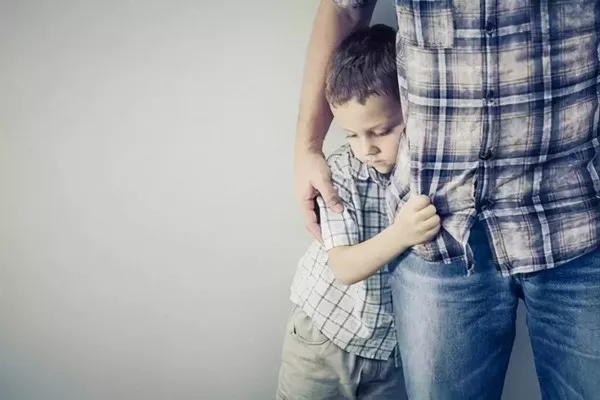A devastating 6.8 magnitude earthquake struck central Morocco, resulting in the tragic loss of 2,862 lives and leaving approximately 6,000 individuals injured.
The earthquake predominantly affected the rural areas of the High Atlas Mountains, leading to landslides, structural collapses, and the disruption of pathways, exacerbating the challenges of accessing remote and rural villages that were already isolated.
In the immediate aftermath of this catastrophe, on September 9, Médecins Sans Frontières (MSF) swiftly dispatched emergency response teams to evaluate the humanitarian and medical conditions in the hardest-hit regions, specifically in the provinces of Al Haouz, Taroudant, and Chichaoua. A total of five MSF teams conducted assessments at 30 locations.
The Moroccan authorities, bilateral partners, and the people of Morocco exhibited an exceptional response. The Moroccan Ministry of Health, military, and civil protection promptly activated their emergency response plans. The establishment of advanced medical posts, field hospitals, and referral systems played a vital role in ensuring a timely and comprehensive medical and humanitarian response.
Fouzia Bara, an MSF nurse who was among the initial teams in Morocco, recounted, “We witnessed entire villages reduced to rubble, roads destroyed, and power supply severed. Nonetheless, the Moroccan authorities, with support from various nations, managed to rescue individuals trapped under debris, provide medical care to the injured, utilize helicopters to transport the wounded from remote areas, and distribute food and essential supplies to affected populations.”
MSF’s assessment teams observed that the Moroccan government’s response was comprehensive, with minimal gaps identified. In addition to the assessment, MSF provided six targeted donations between September 12 and 17, in coordination with Moroccan authorities. These donations included medical supplies and medications such as injectable drugs, pain relievers, antibiotics, insulin, and medical equipment.
Currently, the individuals most severely affected by this crisis are in urgent need of psychological support. This includes search and rescue teams and frontline volunteers. MSF’s teams engaged with numerous distressed individuals in heavily impacted areas during the assessment process.
Many had lost family members, friends, or witnessed the destruction of their homes and villages. Some were still awaiting the recovery of the remains of their loved ones, acknowledging that live rescues were no longer feasible.
To address this pressing need, MSF will provide mental health services and psychological first aid support to local organizations, affected individuals, and frontline workers. The teams will primarily collaborate with networks of Moroccan psychologists, social workers, health promoters, and other volunteers who have been mobilized since the outset of the response.
Psychological first aid will play a pivotal role in enhancing coping mechanisms and linking individuals to existing services. MSF’s primary activities will encompass providing psychological support to affected individuals and frontline volunteers, bolstering the efforts of Moroccan Ministry of Health medical and paramedical teams, conducting health promotion and mental health awareness campaigns, and delivering training and support to local groups in psychological first aid.


























